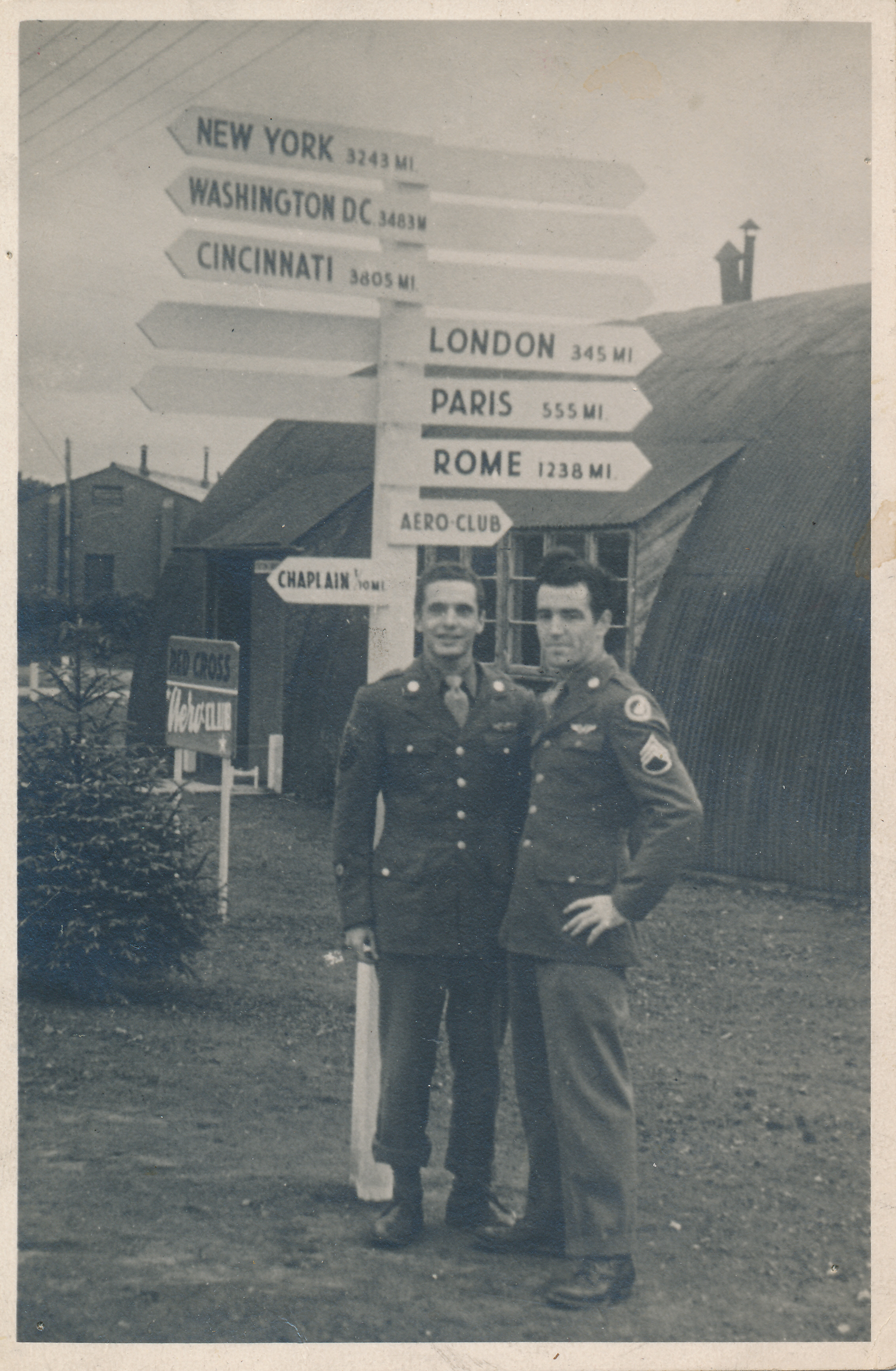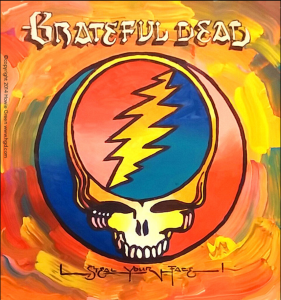I do everything in my power to keep magic from taking over my story, because ultimately, even in the most imaginative fantasy worlds, magic should remain secondary to character and plot.
For today’s Writing Tip, I would like to offer the first of what I expect will be an intermittent series world building posts. I love world building. Of all the things we speculative fiction writers get to do, it may be the one I think of as the most fun. It can involve a ton of research (which, for many of us, adds to the fun), but it is, at its core, an act of pure creation. It is that stage of writing a book when we get to play “let’s pretend,” sometimes for days, even weeks, at a time. What’s not to love?
There are lots of elements to world building, of course, but for today’s purposes, I want to talk about creating our magic systems.
To many, magic is the defining feature of fantasy stories, the one story element that sets what we do apart from the work of other writers. I’m not entirely sure I believe that (and it could be a topic for a fun bar conversation), but I do agree that for fantasies that include magic, developing a consistent and believable magic system is absolutely essential to the success of our narrative.
So, what are the most important ingredients of a good magic system?
Let me start here: Everything I’m about to say is just my opinion. These are the things that I strive to put into my magic systems. There are other ways to do this, and I would never be so arrogant as to suggest that if you don’t set up your magic with the properties I use in mine, you’re doing it wrong. So with every declarative statement I’m about to make, please insert a silent “In my opinion” or “To my way of thinking.”
I try to make my magic systems limited, costly, ordered, and realistic (to the extent that anything magical can be). I do everything in my power to keep magic from taking over my story, because ultimately, even in the most imaginative fantasy worlds, magic should remain secondary to character and plot. In my opinion.
All of my magic system requirements are interlocked, but the first two in particular are closely related.
By limited, I mean just that. Magic can be powerful, it can be frightening. It can be wondrous. It should NOT be the answer to every problem our magic-wielding characters encounter. It can’t be omnipotent. At least not if I’m to keep to what I said above about not allowing magic to take over my story. So the first thing I like to do with my magic system is figure out specifically what magic can do. In the Thieftaker and Fearsson books, that has meant coming up with a partial list of spells, and giving all of them a similar amount of reach and impact. For the Winds of the Forelands series, it meant coming up with different categories of Qirsi magic – mists and winds, language of beasts, shattering, healing, etc. It’s not that every person’s magic is the same, or even that my list of abilities is necessarily comprehensive. Part of the fun of writing these books is discovering new flavors of magic as each series progresses. But in determining what most magics are like, I begin to define the boundaries of what magic can do and what it can’t.
Magics should be costly because even a relatively limited magic can take over a story if your magic-wielder can draw upon it over and over and over without consequence. By imposing a cost for magic – fatigue, blood loss, the shortening of one’s life (as in Winds of the Forelands) or the loss of years (as with the time travel in my Islevale Cycle) – I force my characters to use their magic strategically and, even more important, to rely on other qualities as they seek to overcome whatever problems I place in their paths. Magic without cost is empty, it’s boring. Any victories achieved with it will wind up feeling cheap and unearned, which we don’t want.
An ordered magic system is internally consistent. Limits that apply in one situation will, generally speaking, apply in all situations. The costs of magic are extracted from all. Sure, a more experienced or more powerful sorcerer/mage/conjurer/weremyste might deal with those costs better than others. There is nothing wrong with hierarchies. The problems arise when there is no rationale for discrepancies in what magic does for one person or another. Now, I will also say that quite often we set up our rules and costs and limits, only to introduce a villain who finds her way around those things. That’s fine, as long as we can explain within the logic of the system exactly what makes her exceptional. The fact that there are rules doesn’t necessarily mean that our hero knows all of those rules. By giving our villain this sort of advantage, we make her that much more dangerous, and we force our hero to find a way, within the rules, to overcome her foe’s powers. Our hero might have to learn something new, or find an innovative way to apply old rules. These are the sorts of conflicts I relish as a writer.
All of these structural elements are intended to make our magic systems as realistic as possible, but realism goes beyond them. Magic should seem to the reader to be as endemic to the worlds we create as air and water, as the cycle of days and seasons, as the oceans and deserts and forests we describe. It should be elemental, integral to the larger world. Just as gravity applies to all on our planet (until we find some way within the rules of physics to defy gravity), so should magic and its rules apply believably across the board in our worlds. This is why Thieftaker magic looks just like 18th century descriptions of witchcraft – I wanted my magic to blend with my historical world.
I’ll end this by returning to a point I raised early on: Magic is a plot device, something we use to make our work original and intriguing and fun, for us and for our readers. It is no replacement for good plotting and convincing character work. In fact, I’ll take this a step further: in most of my stories, at the end, magic will fail my characters. They will find themselves driven to the very limits of their magical abilities, and these talents will prove insufficient. In order to prevail, they will need to draw upon other qualities: wit, resourcefulness, courage, strength. Only by combining these other, more ordinary, human attributes with their magic, can they emerge triumphant. Because magic is not, cannot be, the most important thing. We are writing about people, first and foremost. And we want their victories to reflect who and what they are. It’s easy to write a magical victory. Writing a human victory – that’s the great challenge.
Keep writing! Hope to see many of you at Saga this weekend!











 Hi, my name is David, and I used to be a Deadhead.
Hi, my name is David, and I used to be a Deadhead.